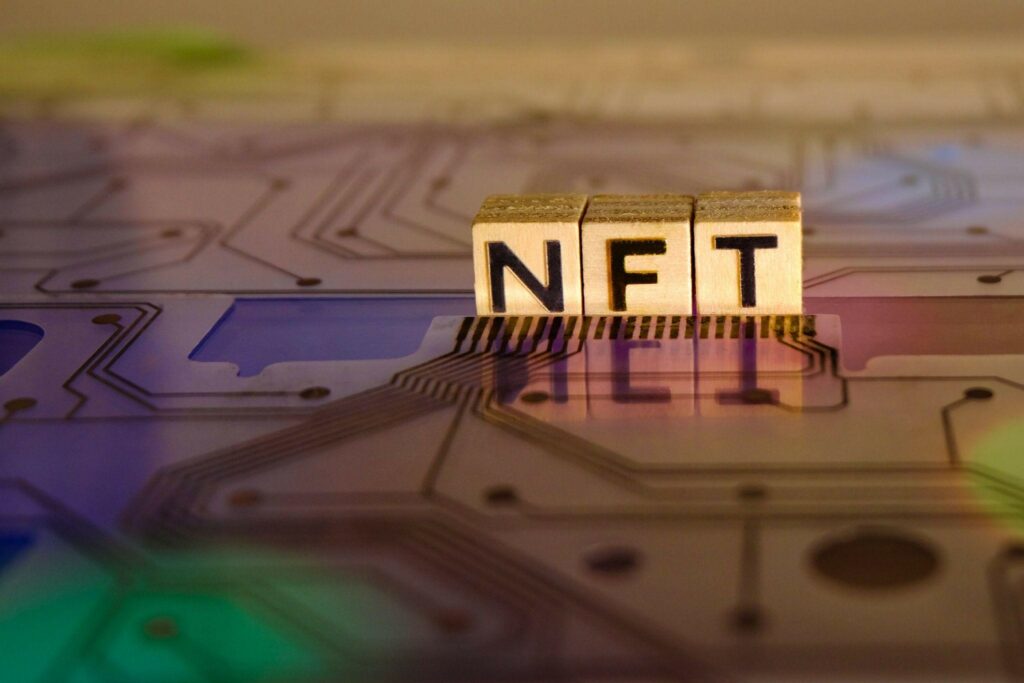In recent years, Artificial Intelligence (AI) has seeped into our everyday life, becoming less of a novelty and more of a norm. A remarkable evolution of AI is ‘Generative AI,’ trained on vast amounts of online data to produce novel works.
Across Malaysia, this technology is transforming the landscape of content creation in various industries. The ability to immediately generate anything, from the written word to visual media, has been a boon, particularly for businesses.
Thus, businesses must leverage such technological advancements to maintain a competitive edge in a world where competition is increasingly fierce. While the benefits are undeniable, it’s crucial to consider the potential legal challenges that come with generative AI.
Read More: Business Process Outsourcing In Malaysia
Defining Generative AI
Generative AI refers to the use of artificial intelligence to generate novel content. To elaborate, this includes creating images, composing music, drafting texts, or even producing software code.
One such example of generative AI is ChatGPT, released by OpenAI in 2022. Malaysian businesses widely utilise this AI chatbot for content creation, leveraging its extensive knowledge base and robust capabilities.
This technology is undoubtedly revolutionary, but as with any disruptive technology, it presents a unique set of legal challenges.
Read More: IT Contracts Malaysia: 5 Principal Types of IT Contracts In A Nutshell
Legal Considerations for Brands and Businesses When Using Generative AI

Before diving headfirst into generative AI as a business tool, one must understand the legal implications associated with its use.
Navigating Copyright Infringement and Inaccuracy
Generative AI, like ChatGPT, draws from existing media in their datasets to generate new content. Therefore, the assumption that AI-generated content is wholly original and free from human influence or logical fallacies is misleading.
In fact, there have been cases where these tools have inadvertently infringed copyrights of existing works or even plagiarised content from human creators. They also have the potential to generate inaccurate information or cite non-existent sources.
Read More: Influencer Marketing Contract
Privacy and Protection
Most AI tools are third-party software, with no Malaysian businesses currently having a public chatbot for content creation.
As with any third-party software, their security measures and data processing practices vary. Some may store and use user-submitted data, while others guarantee data deletion or anonymisation.
Nevertheless, the complete protection of a business’s intellectual property, such as prompts, is never fully assured. Similarly, complete privacy is not 100% guaranteed.
Read More: Malaysia’s 7 Personal Data Protection Principles: What It Means To Your Business
Regulation of Generative AI: The Global Perspective
Many countries, including Italy, China, and Russia, have banned the use of ChatGPT, citing privacy, misinformation, and misuse concerns. Even in the US, there have been calls by legislators and prominent industries for proactive federal regulation of generative AI.
Although no specific regulations exist in Malaysia currently, it would be prudent to assume that this emerging technology might soon invite new regulatory measures or enhancements to existing legislation. Hence, businesses should keep this in mind when considering AI as a long-term investment.
Read More: NFT and Digital Art: Legal Implications in Malaysia
Final Thoughts
Generative AI is a powerful tool capable of assisting with content production to a degree that no human could achieve independently. Nonetheless, it is not an infallible end-all-be-all.
If you have concerns about using AI for your business, engaging with an intellectual property lawyer would be a wise move.







